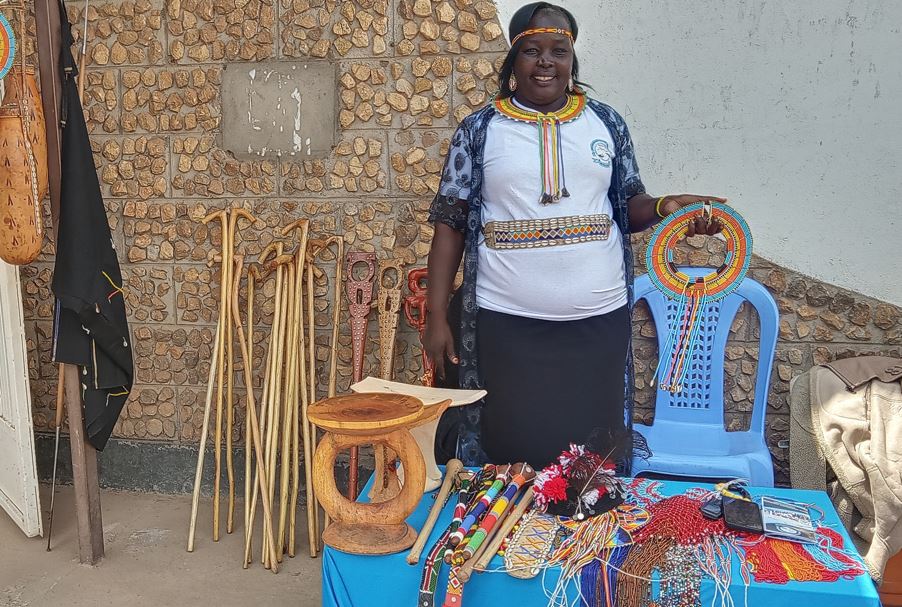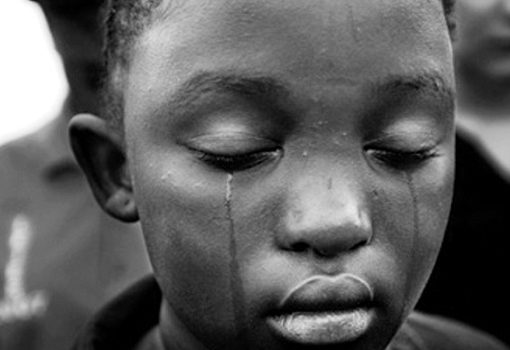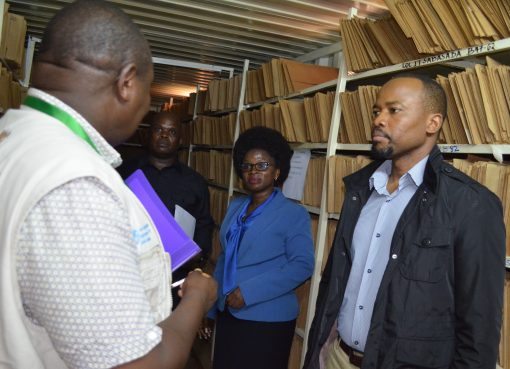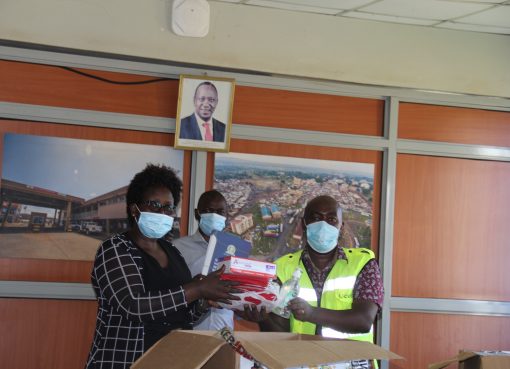Pokot women are among the talented pastoral communities that make bead products that have attracted the Ushanga market both locally and internationally.
Among the Pokot, the income earned from Ushanga works is recognised mainly as a bank for women that their husbands cannot ask them about.
Joan Cheyech, who began the art of bead making in 2010, has come out strongly, making stunning bead products that narrate her intrigues despite being a victim of the outlawed Female Genital Mutilation (FGM) practise common in West Pokot County.
Cheyech, who managed to dress the former first lady of the United States of America (USA), Melania Trump, with Ushanga products during her visit to Kenya in 2018, says her dream of working for Ushanga has shifted to another level since then.
“I saw my dream in Ushanga and realised that I would make it to the international market,” she recounts.
Cheyech recalls how she got a two-hour chance at the Villa Rosa Kempinski Hotel in Nairobi to make her sales, an opportunity that enabled her to purchase a plot courtesy of Ushanga.
“I was given only two hours to sell my products, which included embroidered sandals, necklaces, stuff, and wooden cutlery, among others, and from the sales I managed to buy a plot at Chepareria in West Pokot County,” she states amid smiles.
With overwhelming joy, she narrates how coming all the way from West Pokot and shaking hands with the superpower’s former first lady was such an achievement.
“From the village in West Pokot, I shook hands with the former first lady of the USA. This is when I realised that everything is possible and got encouraged as a woman from this marginalised community,” she explains.
Cheyech’s talent in bead work was identified and sponsored by the USAID organisation, leading her to unearth her ambitions of running an orphanage and taking care of the needy children from the region, a vision she had anticipated in life but was being thwarted by her poor family background.
“My passion was to at least once have a chance to take care of children from vulnerable backgrounds, but because of my poor family background, I could not manage. However, things have improved following the sudden change of events owing to the little fortunes I make from the ushanga business,” she explains.
Cheyech derives satisfaction when she sees 15 orphans under her sole care, courtesy of what she earns from ushanga sales. However, she maintains that her initiative is open to support from well-wishers who wish to join her in helping the orphans achieve their lifetime goals.
“I ensure that the orphans are fed and go to school using the proceeds from my ushanga business,” she narrates with tears of joy running down her cheeks.
The woman has a plan to put up a school to train young girls in beadwork technology, saying that it does not need any academic qualifications but only interest to unearth the talent.
Cheyech adds that she is looking forward to rescuing young girls from the pains of Female Genital Mutilation (FGM), which she recalls with regret as having suffered under its practise.
“I have joined other stakeholders in championing the end of the retrogressive practise that may have led many women into bondage. My key intention is to rescue the young girls from genital mutilation because it is performed by old people who are less informed about the kind of torture they expose to the girlchild,” says Cheyech.
Besides the success in her ambitions, Cheyech says that her major challenge stems from hiked beads’ prices and the scarcity of quality varieties needed to meet the competitive markets.
She calls upon both the county and national governments to support in getting links to the international market, saying that it will help them sell more.
“These products now need the international market because they attract good sales. I call upon both the county and national governments to help bead workers access the international market,” she appeals.
She also asks the non-governmental organisations to support the bead workers in attaining their goals, lauding USAID, which sponsored the event that jumpstarted her work and enabled her to achieve her goal.
Although Cheyech only managed primary school education, her pride is seeing every child in the community pursue their studies to the final level.
She keeps on challenging the Pokot community to give education a priority and also invest heavily in technical work, arguing that it is the best way of earning a decent livelihood, especially in this era of increased unemployment levels.
By Richard Muhambe and Maurice Osore





